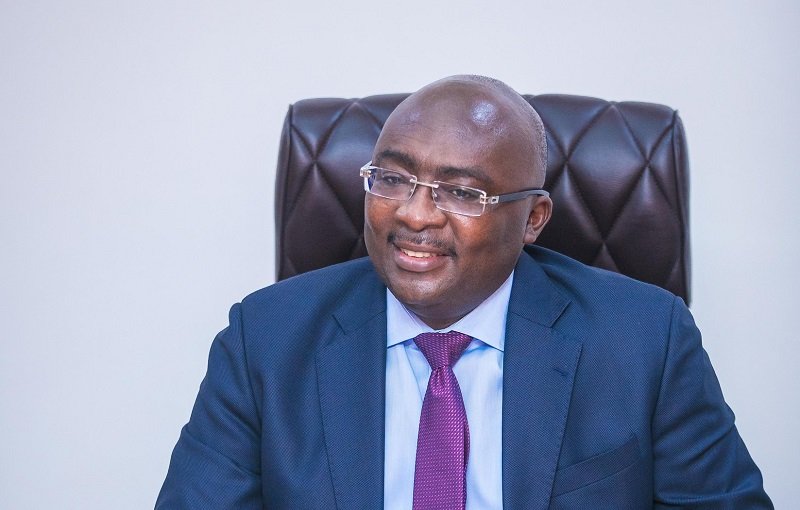
Small-scale mining in Ghana is considered a major source of livelihood for many people in rural areas, with about one million citizens engaging in it. However, the increase in unregulated mining (galamsey) activities over several decades has resulted in severe land degradation, biodiversity loss, contamination of our water bodies, and the acidification of soils that are deleterious to our socio-economic environment.
Illegal mining became prevalent under the NDC’s government in 2010. Excavators and mercury were introduced during their tenure, which accelerated the poisoning of our water bodies and the degradation of our land. This problem, perpetuated by both individuals and groups and never checked under the NDC’s rule, has been a major source of concern for Ghana ever since. Despite the Nana Addo-led administration’s efforts to minimize and eventually eliminate these illegalities after declaring a national emergency, they remain a major issue.
PROGRESS MADE
The Nana Addo-led administration has implemented several measures to mitigate this menace, including seeking the support of chiefs, who are the custodians of lands, and vetting small-scale miners to ensure they understand and comply with the legal and regulatory requirements of mining. Mining activities were halted for one and a half years to facilitate identification and deal with unlawful mining activity. Operation Vanguard was established to deal with the turbidity of our water bodies and protect our lands. Training and deployment of about 300 river wardens and over 300 mining guards equipped with drones, motorbikes, trucks, and mobile communication devices to monitor mining activities, in addition to security agencies being deployed to combat illegal mining activities.
The openness and transparency of H.E. Nana Addo Dankwa Akufo-Addo have yielded observable results. Excavators are the deadliest equipment in illegal mining, and this necessitated the Cabinet of the President placing a temporary ban on the importation of further excavators until further notice. A geo-tracking system was installed on certified excavators to ensure easy monitoring to curtail them from going beyond their legally acquired concessions.
There are no more open illegal mining operations as there used to be, although some miscreants still carry out their activities in remote forests. The joint security teams are working tirelessly to curtail such operations. The regular reports of deaths are no longer news items as they used to be due to low safety standards, and some arrests have also been made, including the deportation of some foreign nationals and fines on individuals. These interventions are gradually picking up, and the successes chucked so far will be continued and strengthened with Dr. Bawumia’s bold vision in the mining sector.
HIS VISION
Dr. Bawumia’s bold vision to protect and improve the activities of small-scale miners will empower them to grow their operations by formalizing the Artisanal and Small-Scale Gold Mining (ASGM) sector with the help of the Minerals Commission and other major stakeholders to ensure that their activities are done responsibly and sustainably. The gold produced will be sold to the Bank of Ghana and stored in our gold reserves, as he also aims to stabilize the Ghana Cedi by backing it with gold.
In line with this, all miners who mine within the scope of their temporary license, which will be issued by the District Mining Committees, which include Chiefs, and engage in responsible and sustainable mining will be given a license and will not have their excavators seized. By Section 92 of Act 703, the District Municipal Assemblies will be equipped to supervise small-scale activities at the various mining districts and ensure they comply with reclamation and revegetation procedures. All Ghanaians engaging in small-scale mining will register as members of the Ghana Small Scale Miners Association with their Ghanacard and enroll in a pension scheme.
Dr. Bawumia’s bold vision also includes training small-scale miners on sustainable mining and abolishing VAT on exploration services to encourage more exploration, which will empower our universities and the Geological Service Department. Abandoned shafts will be converted into community mining schemes in collaboration with large mining companies, as well as opening new ones. Audits will be conducted on all concessions to identify those who are complying with the conditions of their license, decentralizing the Minerals Commission and the Environmental Protection Agency (EPA) to district levels, and setting up a state-of-the-art mining unit in collaboration with the private sector.
Dr. Bawumia will also establish the Minerals Development Bank in collaboration with the private sector, which will allow small-scale miners to secure the financing required for their concessions. This will stop the fronting of foreign nationals and also allow more indigenous people to participate and give direct employment to Ghanaians. He will also establish a London Bullion Market Association (LBMA)-certified gold refinery within four years of assuming power. Through the establishment of the minerals bank and the LBMA, Dr. Bawumia will create many millionaires in the small-scale industry.
By Neil Owusu

